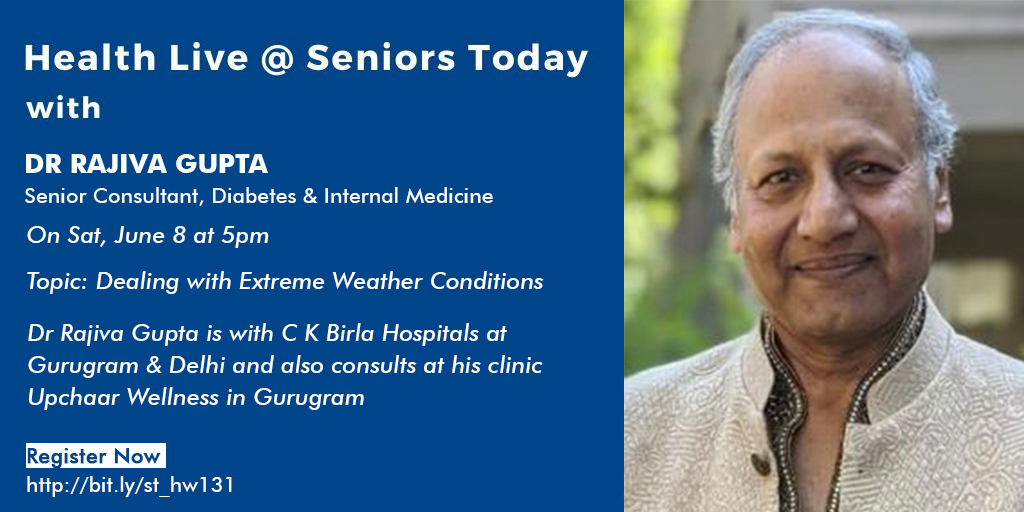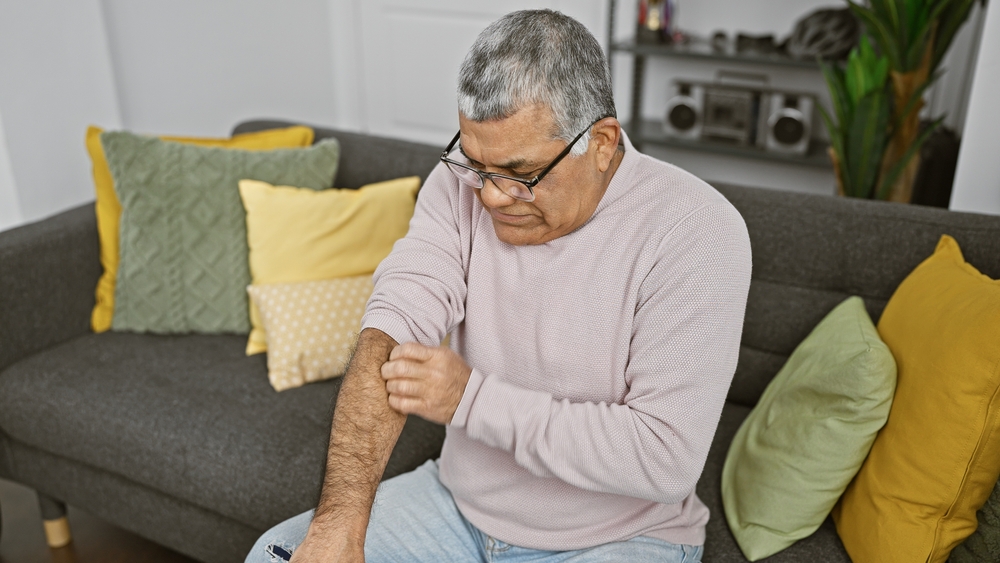The extremes in temperature that we are experiencing today are worrying to say the least bringing about great discomfort to our living conditions.
May 2024 has been one of the hottest recorded months on temperature with Delhi and Rajasthan recording 52 -53 degrees Celsius (122 degrees Fahrenheit)
Roughly 25, 000 people suffered from heatstroke and several people lost their lives (Mar- May) according to the country’s sources.
Climate Change is causing these excessive temperature rises, leading to more frequent and intense heat waves. Heat waves which are characterised by excessively hot weather can last for a prolonged period of time.
United Nations • Climate change refers to long-term shifts in temperatures and weather patterns. Human activities have been the main driver of climate change, primarily due to the burning of fossil fuels like coal, oil and gas.
How does the Human Body stay cool?
The process that keeps your body at a healthy temperature is called Thermoregulation. This process is controlled by the hypothalamus region in the brain.
When your skin gets hot, the sweat receptors are triggered as well as dilation of the blood vessels which help you lose heat and maintain normal body temperature.
What causes Heat illnesses?
Excessive heat which increases your body’s core temperature – this could arise from exercise, being in a hot space or outside conditions being very hot.
As mentioned the body relies on sweat evaporation to release heat but when humidity is more than 60% then sweat evaporation is slow. When the body cannot cool down, you absorb more heat than you release. The salt and water equilibrium gets disrupted and the body temperature rises.
Health impacts of Heat
The body can be prone to heat cramps, heat exhaustion and heat stroke heat rash (prickly heat). This can then disrupt and worsen chronic conditions like cardiovascular disease, Diabetes mellitus, and Renal, Respiratory and Cerebrovascular diseases.
Extreme heat can lead to hospitalisation and death and this can happen very quickly.
Negative economic effects of extreme heat include:
- Reduced ability to work in outside conditions
- Lower agricultural productivity
- Lower productivity at the workplace
- Damage to infrastructure
- Increased healthcare costs
Vulnerable Groups:
Children and the older adults 9 above 65 years) are more at risk;
Those who have outdoor prolonged work hours
People with metabolic disorder (heart, kidney, obesity diseases etc.)
Pregnant women
Certain medications like tranquilisers, beta blockers, antihistamines, diuretics, laxatives, drugs used to treat mental disease can make people more prone to heat related illnesses.
Dehydration
Heavy clothing (dark clothing, tight clothing, non – breathable materials)
Previous heat illness
Treatments:
Heat Rash
Move to a cool place, use air conditioning if possible, have a cold bath, wear thin light clothing, avoid using ointments and creams. Apply cold compress and drink plenty of fluids, avoid heat.
Heat Cramps
Heat Cramps are cause by loss of electrolytes so make sure to add salt to nimbu pani and increase your electrolyte content.
See a doctor if the rash persists more than three or four days.
Heat exhaustion
-is a step worse than heat cramps and can lead to heat stroke if not monitored or treated properly. Symptoms, include muscle cramps, pale, moist skin, nausea, anxiety, fainting, fatigues, fever over 100.4 degrees F, headache weakness.
The person should be gives fluids with water, kept in a cool place and if the fever doesn’t come down, they should see a doctor. Caffeine and alcohol should be avoided as they dehydrate the body.
The person should rest in a cool place for several hours. No strenuous activity is advised till they feel better.
After 30 minutes if; the patient’s symptoms worsen to vomiting, diarrhoea, seizures, confusion, loss of consciousness – then get immediate emergency aid.
Heat Stroke is the most serious form of heat illness:
Symptoms include hot and dry skin, loss of appetite, high fever (104 F), rapid heat rate, dizziness, nausea, fist, confusion, fatigue, lethargy and even death if left untreated.
Treatment includes – calling emergency services, cooling the person down, do not use ice water just cool water, take them to a cooler, shady place, placing cool packs on their armpits, neck and groin, fanning them, and if conscious giving them a cool fluid like a sports drink.
DO NOT
- Medicate
- Give them caffeine or alcohol
- Give ice baths too cool them down quickly
- Evaluate for conditions like infection or malaria
Heat illnesses are preventable if you follow the tips below:
- Drink plenty of fluids to keep hydrated and drink electrolytes with low sugar as the salt quotient is key.
- Stay indoors in cool environments and if no air conditioning is available, take cool baths and cool packs
- Stay out of the heat from 10 am to 4 pm.
- Avoid vigorous physical activity till the weather is cooler
- Drink 1 -1.5 L of water before undertaking any outdoor walk
- Wear cool loose breathable clothing
- Use wide-brimmed hats to avoid direct sun
- Use sunscreen
- Use sunglasses
- Monitor vulnerable groups like children and elderly people
- Acclimatise yourself to the heat if you’re not used to it
- Know the signs of heat related illnesses
Remember hot weather can overwhelm your body’s cooling system leading to heat illnesses; so play it safe and stay cool hydrated and healthy.




